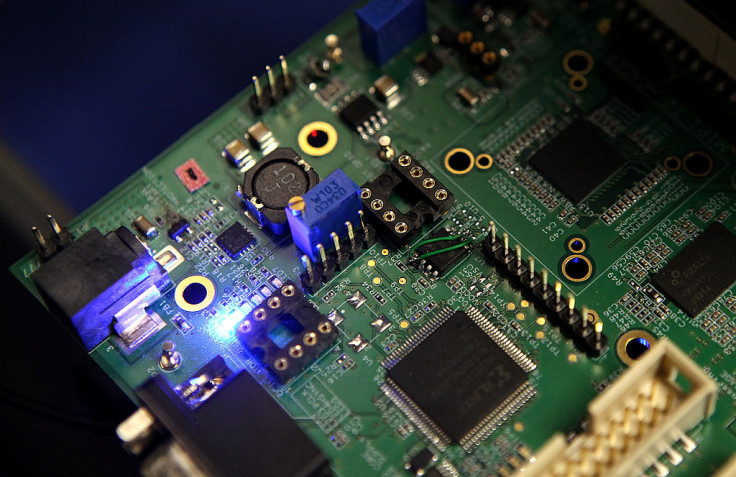China Reportedly Rolls Back Chip Tariffs Amid Ongoing US Trade Tensions

In a significant move amid ongoing trade tensions, China has reportedly rolled back its 125% retaliatory tariffs on certain semiconductors imported from the United States.
The tariff exemption, confirmed by industry sources to CNN, applies to specific integrated circuits, which are essential components in a wide range of electronics. This decision was made quietly by Chinese authorities without an official announcement.
The exemptions, first revealed by import agencies in Shenzhen, are believed to affect eight tariff codes related to integrated circuits, which are crucial for the development of electronics, from smartphones to computers.
Notably, memory chips are not included in the exemption. These chips, which store and retrieve data, are primarily produced by companies like Samsung and SK Hynix from South Korea.
According to SCMP, the move comes after China imposed the 125% tariff on US goods, including semiconductors, on April 12, in response to the US's own tariff hikes on Chinese products.
This aggressive move was part of the ongoing trade war between the two largest economies in the world, initiated during former US President Donald Trump's administration.
In retaliation, Beijing had hoped to protect its technology sector, but the exemptions signal China's dependency on foreign-made semiconductors and the economic strain caused by the trade conflict.
Semiconductors are highly valuable and difficult to produce, requiring substantial investment in research, development, and manufacturing. China, while striving to enhance its own semiconductor capabilities, remains heavily reliant on imports.
China quietly rolls back retaliatory tariffs on some US-made semiconductors, import agencies tell CNN https://t.co/vwRWFtfLIL
— CNN International (@cnni) April 25, 2025
Shenzhen Agencies Confirm Exemptions on US Semiconductor Tariffs
Last year alone, China imported over $11 billion worth of semiconductors from the US Despite efforts to build a more self-sufficient semiconductor industry, experts, including Duncan Clark from technology advisory firm BDA, believe China still lacks "autonomy in chips."
The news was first circulated through informal channels by agencies in Shenzhen, with reports suggesting that the duty on these semiconductors would be reduced to zero, CNN said.
Chen Shaoling, an import manager at Zhengnenliang Supply Chain, confirmed that the exemption came to light during a routine customs clearance process. She explained, "We only found out after we filed the declaration."
While the Chinese government has not officially confirmed these exemptions, sources such as Caijing, a business magazine, reported on the changes, though the article was later removed. This indicates that the decision may not yet be fully formalized.
The exemption of tariffs on semiconductors is not the first such move from China. Earlier this month, China also lifted tariffs on chips designed by US companies like Nvidia, as long as the chips were produced outside of the US.
This was seen as a strategic decision to maintain access to critical technologies while easing trade disruptions.
Despite these moves to alleviate trade tensions, the broader US-China trade conflict remains unresolved. Both nations continue to engage in a bitter dispute over tariffs, with the US and China at odds over their economic strategies.
In recent days, US President Joe Biden's administration has softened its stance, with Biden expressing openness to dialogue, although Beijing has demanded the removal of all tariffs before any discussions can take place.
Originally published on vcpost.com



















